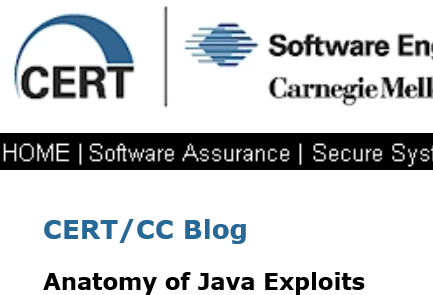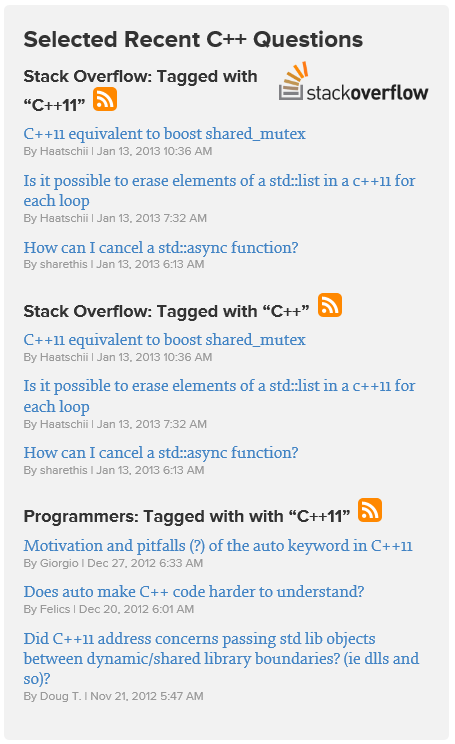Announce: Third Annual European LLVM Conference
 For many of our readers, LLVM and Clang will need no introduction. LLVM is a modular compiler toolchain, and Clang is an LLVM front-end for the C family of languages. They're both implemented in C++. Together, they're taking the C++ toolchain in new directions. Be a part of the action at this just-announced developer conference in April in Paris. (Does it get better?) From the announcement:
For many of our readers, LLVM and Clang will need no introduction. LLVM is a modular compiler toolchain, and Clang is an LLVM front-end for the C family of languages. They're both implemented in C++. Together, they're taking the C++ toolchain in new directions. Be a part of the action at this just-announced developer conference in April in Paris. (Does it get better?) From the announcement:
Announcements
We are pleased to announce the third European LLVM conference on April 29-30 2013 in Paris, France. This will be a two day conference which aims to present the latest developments in the LLVM world and help strengthen the network of LLVM developers. The format will be similar to that of the previous meetings held in London but with more time for presentations and networking. The meeting is open to anyone whether from business or academia, professional or enthusiast and is not restricted to those from Europe -- attendees from all regions are welcome.
This meeting is about 8 days after the ISO C++ standardization meeting in Bristol, UK. Twofer, anyone? The full announcement gives all the details.



 In December, we
In December, we  Over the holidays we've made several improvements to isocpp.org. Many are behind the scenes where most readers won't notice, but here are a few that a more visible. We hope you find them useful.
Over the holidays we've made several improvements to isocpp.org. Many are behind the scenes where most readers won't notice, but here are a few that a more visible. We hope you find them useful.